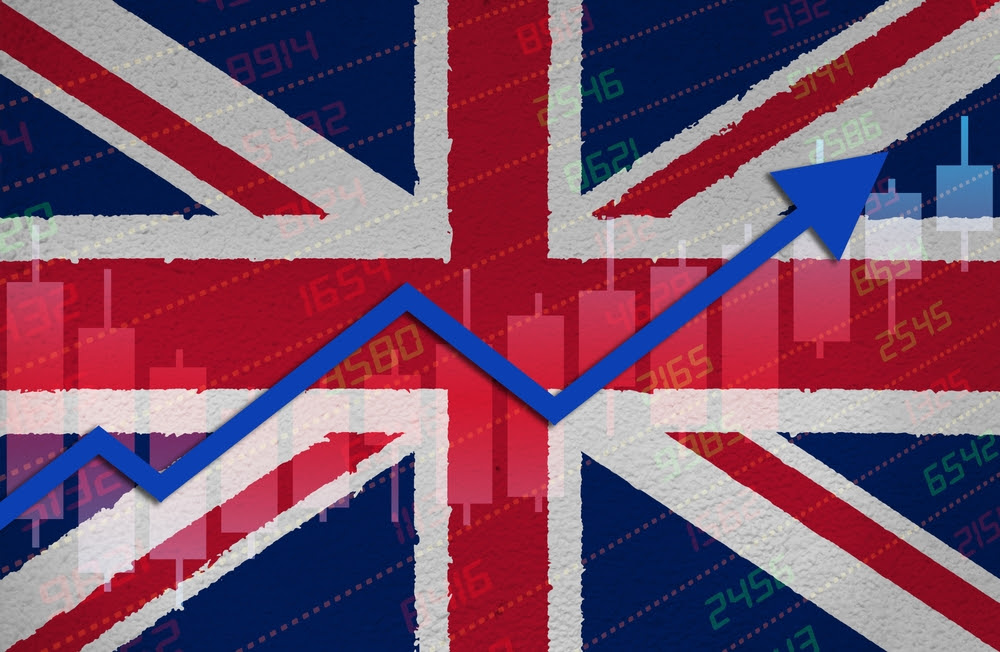The decline in inflation in the UK is less marked than in the USA and Europe, but the country could still avoid a recession, according to the International Monetary Fund. The new growth forecasts are more optimistic than in April when the IMF predicted an economic contraction of 0.3%, and the British economy is now expected to grow by 0.4% in 2023.
This turnaround can be explained in particular by the behaviour of British households and businesses, which are managing to remain dynamic despite high inflation, and by the behaviour of the financial sector, which has been little affected by the banking crisis in the USA and the problems at Credit Suisse. But the day after the IMF’s encouraging announcement, the publication of inflation figures dampened optimism. In April, inflation was 8.7%, lower than in previous months but higher than economists’ estimates of 8.2%.
Rising food prices are at the root of this high inflation, which is also seen in the rest of Europe, albeit less sharply. British households, for example, spent 19% more on certain food products such as eggs, butter and meat. According to a study by the London School of Economics published on the same day as the inflation figure, around a third of the rise in prices is due to the introduction of trade barriers by Brexit, such as import duties or stricter controls, which have cost British households almost seven billion pounds.
The difficulties for households could continue if the Bank of England decides to raise interest rates again. In early May, unsatisfactory inflation had prompted the Bank of England to raise rates to 4.5%, and economists estimate that interest rates will reach 5% by the end of 2023. With interest rates rising, households and businesses are paying more and more for their loans, and summer could once again be synonymous with crisis.
Already, in the summer of 2022, many vegetables had rotted in the fields due to a lack of manpower to pick them, and in the summer of 2021, many store shelves remained empty due to a shortage of lorry drivers to transport goods. Only the British currency is tending to rise against other currencies, particularly the euro, as on the currency market the prospect of higher interest rates still outweighs the disappointing outlook for the economy.



Comment here